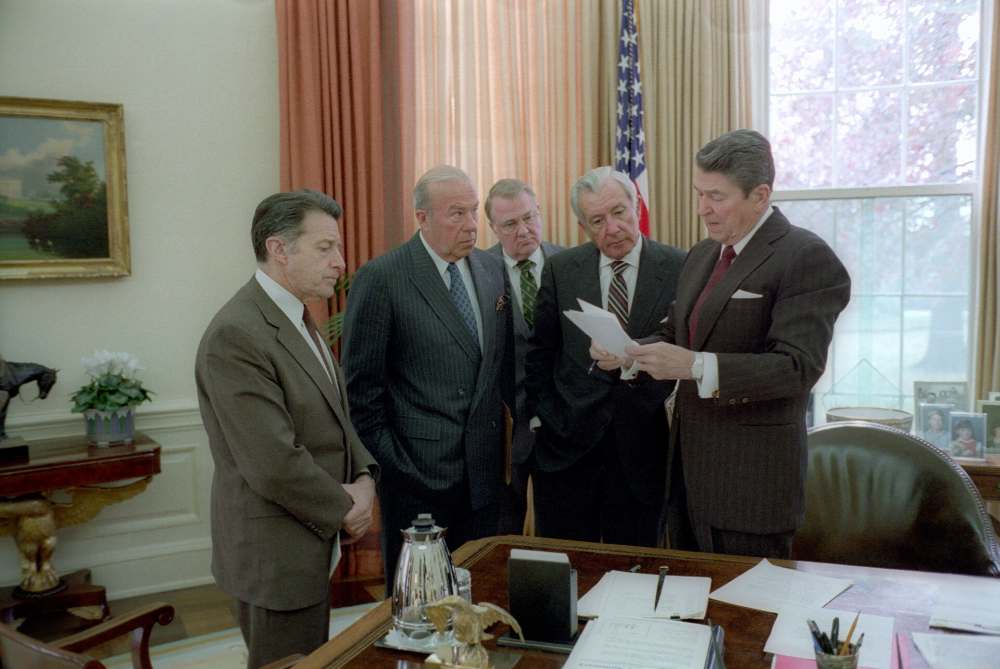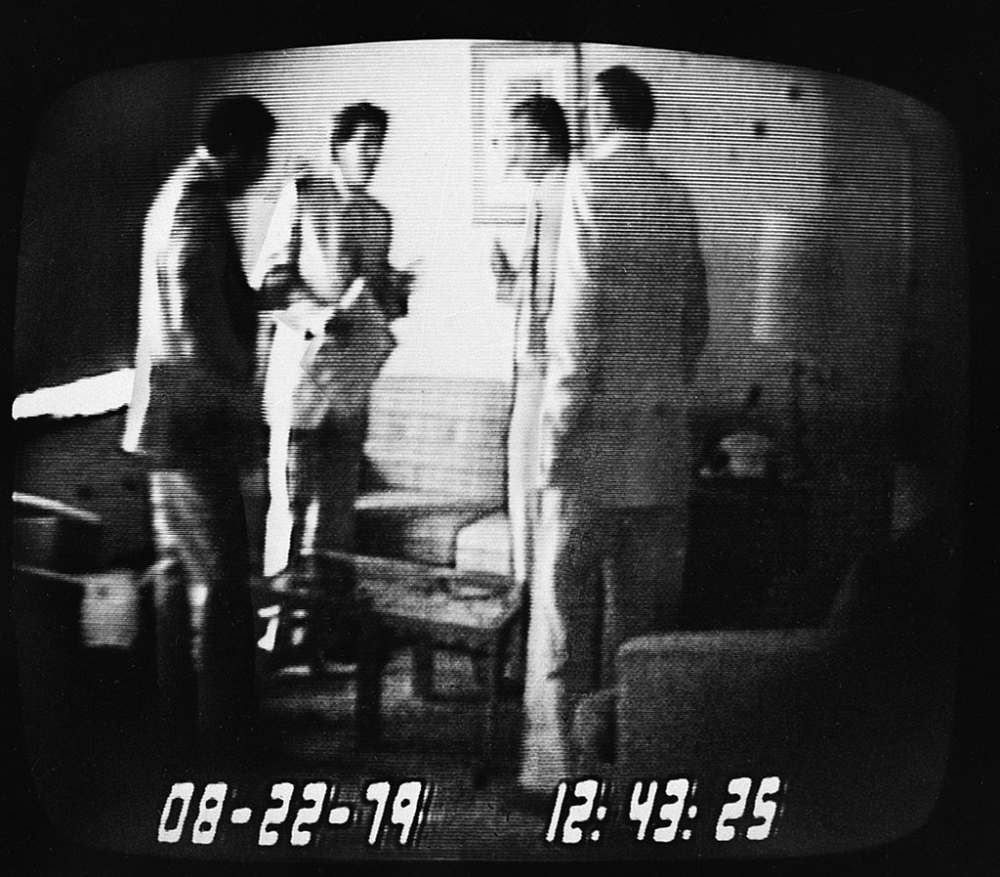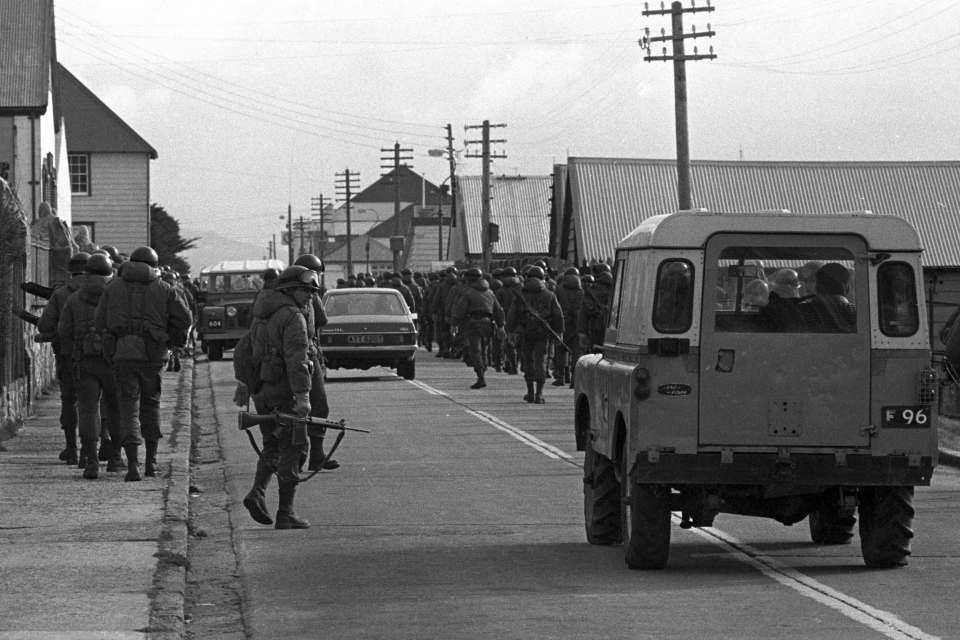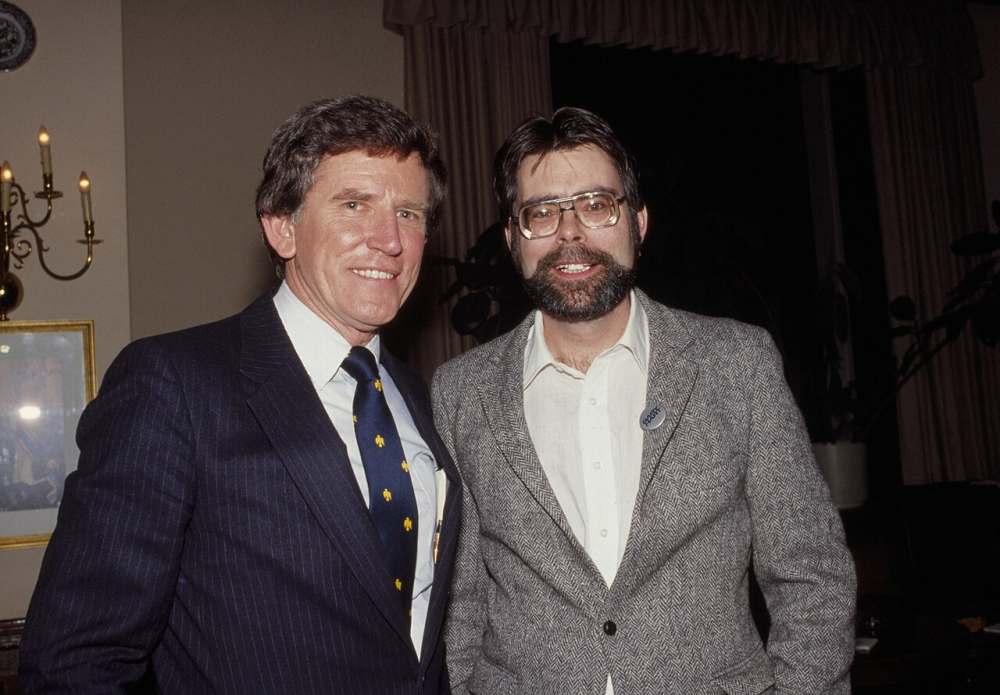The 1980s might be remembered by many as a time of bright colors, bold music, and a general sense of optimism. Yet, beneath the surface of this vibrant decade lay a series of political scandals that left indelible marks on the global political landscape. The era, dominated by the presidency of Ronald Reagan—a former actor turned political leader—witnessed controversies that continue to echo in today’s political discussions.
Interestingly, the television of the 80s played a dual role during this period. Not only did it bring to light some of the era’s most significant political dramas, but it also offered iconic entertainment that defined the decade. This unique blend of information and entertainment made television an essential medium for shaping public opinion and awareness.
Exploring the political scandals of the 80s offers a fascinating glimpse into a decade where the unexpected became the norm, and the world of politics was as captivating and dramatic as the television shows of the time. From shocking revelations to international crises, the political events of the 80s are a compelling chapter in the history of global politics. Let’s delve into the most notable scandals of the era, some of which still seem almost too sensational to be true.
Iran-Contra Affair (United States)
The Iran-Contra Affair was a big secret operation that happened in the United States during the 1980s. It was all about selling weapons to Iran, a country that was not supposed to buy weapons from the U.S. because of rules against it. The reason behind selling these weapons was to get money. This money was then secretly given to a group called the Contras in Nicaragua, who were fighting against their government. The U.S. government had already said it wouldn’t help the Contras fight, but they did it anyway through this secret plan.
This whole thing became a huge scandal when people found out about it. It was a big deal because it went against what the U.S. Congress had decided and broke the trust of the American people. Many important people in the government were involved, and it led to a lot of investigations to find out who knew what and when. Some people were charged with crimes, and it caused a lot of debates about right and wrong in politics. The Iran-Contra Affair showed that sometimes leaders make secret decisions that can lead to big problems.
Abscam (United States)
Abscam was a big undercover operation by the FBI in the United States in the in the late 1970s and early 1980s. The FBI set up a fake company and had agents pretend to be businessmen from the Middle East. These fake businessmen offered money to American politicians, asking them for special favors in return, like helping their company or making certain laws that would benefit them.
The whole idea was to see if these politicians would accept bribes, which means taking money to do something wrong or illegal. This operation led to a lot of trouble for several politicians. Seven members of Congress, including senators and members of the House of Representatives, were caught taking money and doing these favors. They were put on trial and found guilty, which showed that even powerful people can get into big trouble if they break the law.
Abscam was a major scandal because it proved that corruption was a real problem in American politics, and it made many people question the honesty of their leaders.
The Falklands War (UK/Argentina)
The Falklands War was a short but intense fight between the United Kingdom and Argentina in 1982, lasting about ten weeks. It all started when Argentina invaded the Falkland Islands, a small group of islands in the South Atlantic Ocean that was a British territory.
Argentina claimed the islands belonged to them, but the people living there wanted to remain under British rule. The UK, led by Prime Minister Margaret Thatcher, decided to send a military task force over 8,000 miles away to take back the islands.
The fighting was tough and took place both on the islands and at sea. In the end, the British forces managed to take back control of the Falkland Islands. The victory was seen as a big moment for Britain and helped boost the popularity of Prime Minister Thatcher.
However, the war also led to the loss of many lives, with soldiers from both Argentina and the UK dying in the conflict. The Falklands War is remembered as a time of strong national feelings in both countries, and it still affects their relationship today.
Gwangju Uprising (South Korea)
The Gwangju Uprising was a big protest that happened in May 1980 in the city of Gwangju, South Korea. People, including students and regular citizens, were upset with the military government for being very strict and not allowing them freedom. They wanted democracy, where they could have a say in their government and live without fear. The protests started peacefully, with people asking the government to listen to them and to let them have more freedom and rights.
However, the government didn’t like these protests and decided to stop them by using the army. The soldiers were sent to Gwangju, and they used force to try to end the protests. Many people were hurt or killed during this time because the army was very harsh.
This event is very important in South Korea’s history because it showed how much people wanted democracy and were willing to fight for it. Even though it was a sad and difficult time, it helped push South Korea towards becoming a more democratic country in the future.
Sikh Massacre (India)
The Sikh Massacre, also known as the 1984 anti-Sikh riots, was a very sad and violent time in India. It happened after Indira Gandhi, who was the Prime Minister of India, was assassinated by her two Sikh bodyguards.
This event led to a lot of anger and hatred towards Sikhs in many parts of India. In the days following her death, thousands of Sikh people were attacked, hurt, or killed by angry mobs. Many homes, businesses owned by Sikhs, and Sikh temples were also destroyed. This violence was especially bad in the capital city, Delhi.
The reason this period is so remembered and painful is that the attacks seemed to have the quiet support or involvement of some people in power at the time, which made everything worse. Even though it was supposed to be a reaction to the assassination, the way Sikhs were targeted raised big questions about fairness, protection by the law, and how people in the country live together peacefully.
For many years, families of the victims have been asking for justice and trying to make sure that those who did these terrible things are held responsible. The Sikh Massacre is a dark chapter in India’s history, reminding people of the importance of peace, understanding, and respect for all communities.
Wedtech Scandal (United States)
The Wedtech Scandal was a big corruption case in the United States during the 1980s. It involved a company called Wedtech Corporation, which was based in the Bronx, New York. This company wanted to win government contracts without having to compete fairly for them.
To do this, Wedtech gave money and gifts to some powerful people in government. These officials then helped Wedtech get special treatment and win contracts worth millions of dollars, especially for making military equipment. This was against the rules because the government is supposed to choose companies based on who can do the best job for the best price, not because of secret deals or bribes.
What made the Wedtech Scandal so shocking was how many people were involved and how high up the corruption went. Several government officials, politicians, and even people who worked close to the President of the United States were found to be part of this scheme. Many of them were charged with crimes, and some went to jail.
The scandal showed that sometimes, companies and people in power could break the rules for their own benefit, which is unfair to everyone else. It also led to more attention on how government contracts are given out and the need for stricter rules to prevent this kind of corruption.
Guillaume Affair (West Germany)
The Guillaume Affair was a big spy scandal in West Germany during the 1970s. It involved a man named Günter Guillaume, who was very close to the Chancellor of West Germany, Willy Brandt. Guillaume worked as Brandt’s personal assistant, but he had a secret; he was actually a spy for East Germany.
East Germany was a separate country at the time, and it was not friendly with West Germany. Guillaume’s job was to collect information about West German government plans and decisions and send them back to his bosses in East Germany.
This spying went on for a while, but eventually, Guillaume was caught. When it was discovered that someone so close to the Chancellor was a spy, it caused a huge problem. Chancellor Willy Brandt, who had been working hard to improve relations between East and West Germany, was very embarrassed by this scandal. Even though Brandt hadn’t done anything wrong himself, he felt responsible for not realizing Guillaume was a spy. Because of this, Brandt decided to resign from his position as Chancellor.
The Guillaume Affair showed how spying between countries can lead to big political problems and can even change the leadership of a country.
The Removal of Gary Hart
Gary Hart, once a prominent Democratic senator from Colorado, seemed poised to ascend to the presidency, especially after narrowly missing victory in a previous election. His path to the White House appeared clear, ready to make his mark in the next electoral battle.
Despite his confidence and a bold challenge to the media, asserting he had nothing to conceal, Hart’s aspirations were derailed by revelations of an extramarital affair in the 1980s. The turning point came with incriminating photographs taken aboard a yacht aptly named “Monkey Business,” which exposed his secret to the world.
Prior to this scandal, Hart was the leading contender for the Democratic nomination in the 1988 election, widely respected and admired. Yet, the exposure transformed him and his family into subjects of relentless tabloid scrutiny. Although Hart attempted to revive his political career in subsequent elections, his support dwindled to a mere 4 or 5 percent of the vote.
In hindsight, there’s growing speculation that Hart might have been the victim of a setup, with critiques aimed at the invasive tactics of some journalists and an excessive focus on his personal life. Nonetheless, the damage was irrevocable, altering the course of his political journey.
The “Keating Five”
The Keating Five scandal, emerging in 1989, stands as a notorious chapter in American political history, highlighting the intertwining of political influence and financial misconduct. Stemming from the devastating Savings and Loan crisis of the late 1980s, the scandal involved a Senate investigation into five U.S. senators accused of exerting improper influence on behalf of Charles Keating, the owner of the Lincoln Savings and Loan Association.
This institution’s collapse in 1989 was a significant blow, costing the federal government around $3 billion in losses and drawing public attention to the senators’ connections with Keating, who had been a generous contributor to their political campaigns.
The investigation, which spanned the transition from the 1980s into the early 1990s, culminated with mixed outcomes. Only one senator received a formal reprimand, leaving many to question the efficacy of the probe. Of the implicated senators, John McCain—later a presidential candidate in 2008—was the only one still active in politics at the time of the scandal’s public exposure.
Despite the mild legal consequences, the scandal left a lasting impact on McCain’s political reputation, demonstrating the long shadows such controversies can cast over a political career.
Conclusion
These scandals from the 1980s reveal the complexities and challenges within the political landscape of the era. From secret dealings and financial misconduct to personal indiscretions and abuses of power, each scandal not only shook the public’s trust in their leaders but also left a lasting impact on the political and social fabric of their respective countries. These events serve as a reminder of the importance of transparency, accountability, and ethical conduct in the political arena, lessons that continue to resonate in today’s political climate.





